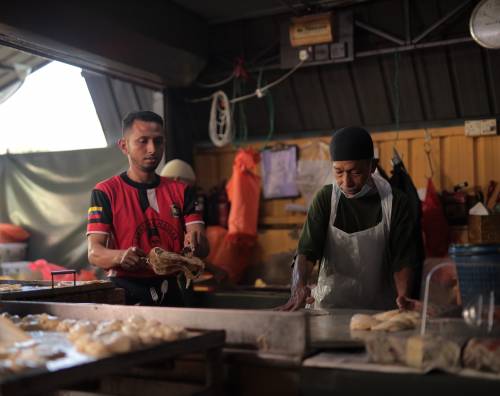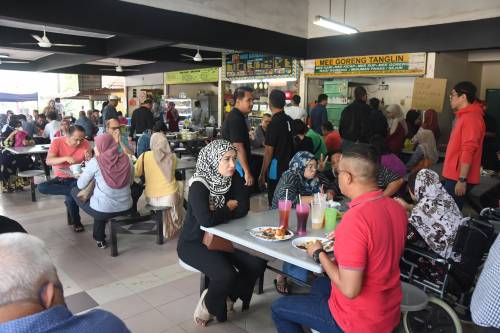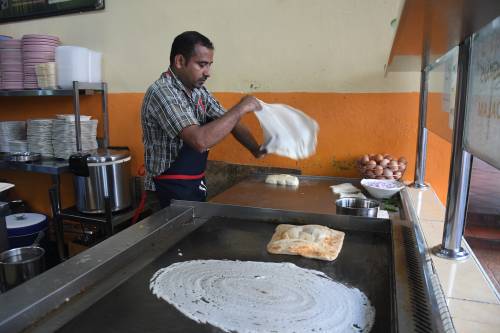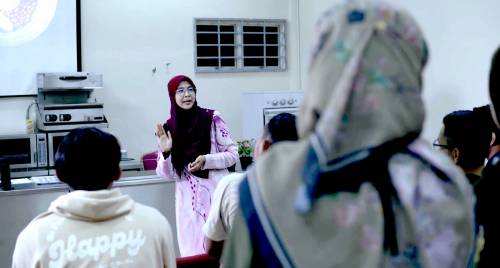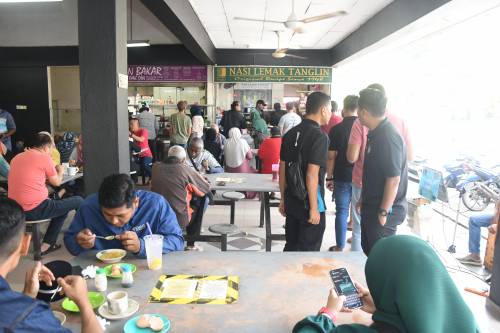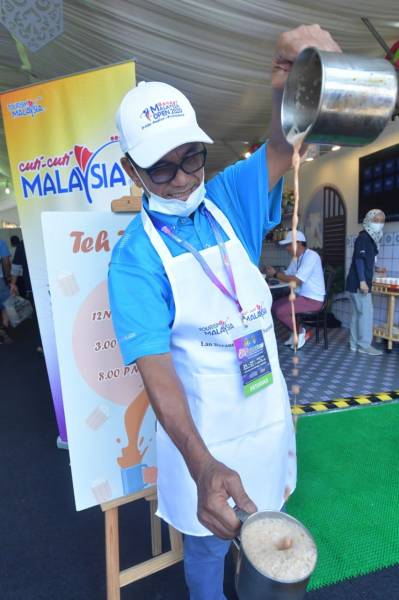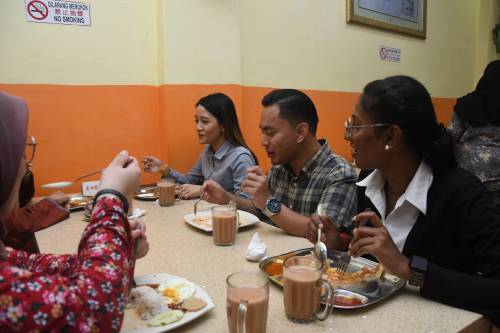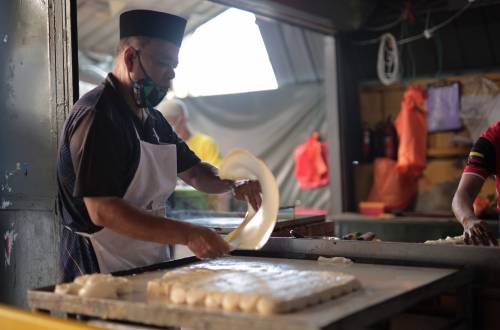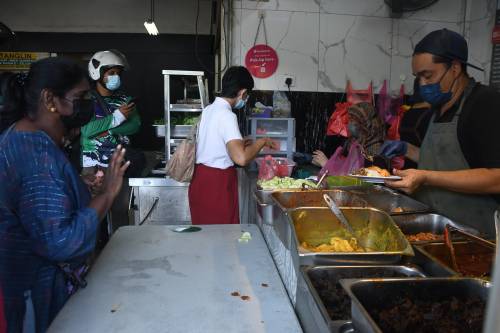Breakfast culture in Malaysia: dining experience in a multi-ethnic society
Inscribed in 2024 (19.COM) on the Representative List of the Intangible Cultural Heritage of Humanity

Breakfast culture in Malaysia plays an important role among Malaysia’s multi-ethnic societies. The element can be found throughout the submitting State, which comprises 14 states. It is centred on food and spending time together over a morning meal. The element is a living heritage related to the traditional dietary practices which encompasses staple traditional foods such as Nasi Lemak, Roti Canai and drinks Teh Tarik. The element is practiced in both private and public spaces from the rural to urban areas. The Malays, Chinese, Indians, and other ethnic groups throughout Malaysia are both food producers and diners, and actively involved in the practice of the element. The preparation and consumption of Malaysian breakfast foods, although originally practiced by a particular ethnic group, has eventually become common and savoured by all, regardless of ethnic background. The foods are economical to produce and appreciated by people from all walks of life and ethnic backgrounds as an affordable and complete meal to start the day. The culture has been passed down from generation to generation to ensure the sustainability of local traditional culinary practices. Locals from different ethnic groups and genders unite around traditional breakfast delicacies. In addition to being a source of pride and a significant part of Malaysia’s gastronomic history, these morning dishes have also become a distinctive element of culture and identity that connects diverse ethnic groups within Malaysia.
